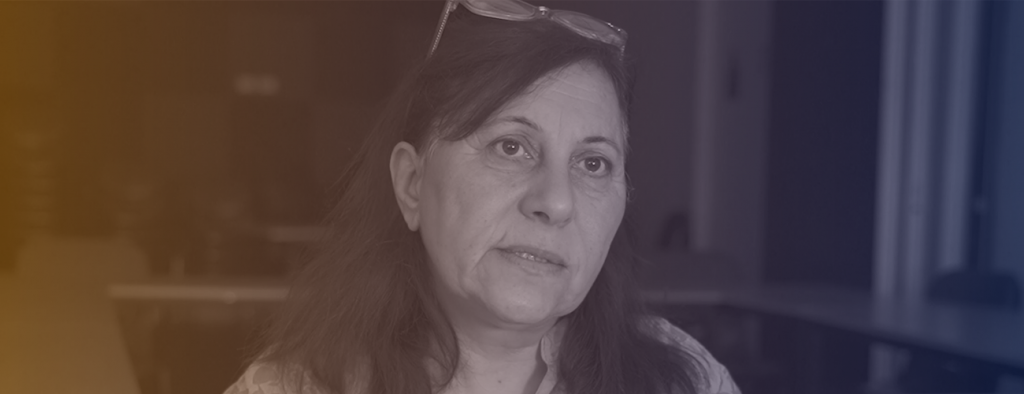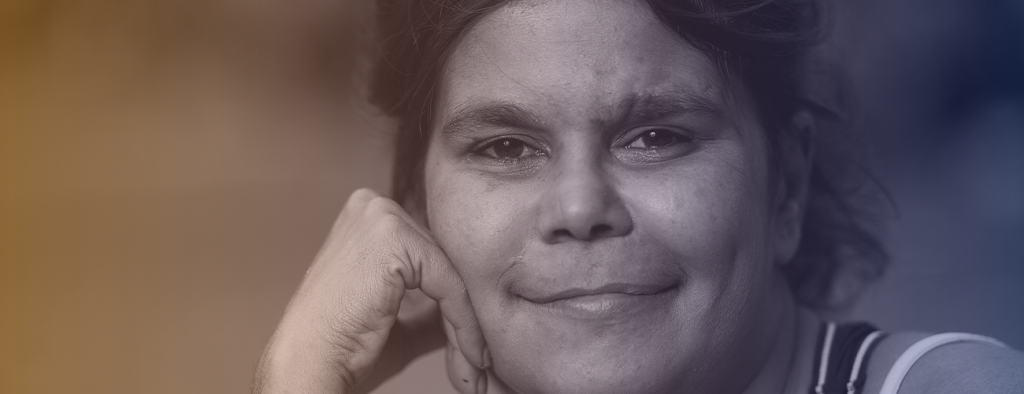WentWest Stories, Recovery College: Marie and Alice’s Story
The Western Sydney Recovery College was developed to codesign and build the capacity of people with lived experience of mental health concerns through a series of courses, training sessions, and workshops. These courses assist clients on their recovery journeys while also increasing carers, friends, family, mental health staff and service providers’ knowledge, skills, and awareness […]
WentWest Stories, PMHC: Yana’s Story
The WentWest Primary Mental Health Care (PMHC) team support GPs, psychologists, Mental Health Teams, Inpatient Units, and school counsellors to triage and process mental health referrals from general practice. Yana* was 21 years old when she was referred to a psychologist under the Suicide Prevention Program. At the time of referral, she was experiencing prominent […]
WentWest Stories, KEYS: Sharon’s Story
The Western Sydney Kids Early Years (KEYS) Network is the first of its kind in New South Wales. It is designed to align social and health sector agendas to deliver cohesive client services. KEYS relies on multi-sector collaboration to develop a coordinated care model for those stuck in a cycle of disadvantage. The KEYS Network is […]
WentWest Stories, Aboriginal Counselling Services: Uncle Dave’s Story
The Aboriginal Counselling Service (ACS) delivers culturally sensitive and safe mental health intervention and therapeutic counselling services to people who identify as Aboriginal and Torres Strait Islander. The Western Sydney Primary Health Network supports ACS so that clients can be empowered and assisted in navigating the health system and managing their mental health. Uncle […]
WentWest Stories, STARTTS: Aidah’s Story

The NSW Service for the Treatment and Rehabilitation of Torture and Trauma Survivors (STARTTS) is a non-profit organisation providing culturally appropriate psychological treatment, support and community interventions. WentWest has commissioned STARTTS since 2015 to implement culturally and linguistically diverse (CALD) mental health literacy and suicide prevention programs for refugees, asylum seekers and other diverse […]
WentWest Stories, STARTTS: Atur’s Story
The NSW Service for the Treatment and Rehabilitation of Torture and Trauma Survivors (STARTTS) is a non-profit organisation supporting refugees, migrants and culturally and linguistically diverse. WentWest has commissioned STARTTS since 2015 to implement culturally and linguistically diverse (CALD) mental health literacy and suicide prevention programs for refugees, asylum seekers and other diverse communities […]
WentWest Stories, UCS: Trevor’s Story
Western Sydney Care Collective is a whole of system approach designed to enable and support the delivery of value-based health care in the community, ensuring health care is outcome-focused and patient-centred, and provided at the right time, in the right place. The Value Based Urgent Care pathway aims to reduce the number of non-urgent […]
WentWest Stories, headfyrst: Ramon’s Story
Salvation Army Youthlink and selected headspace youth mental health centres in Western Sydney are working together to provide the headfyrst program. The collaborative headfyrst project aims to reduce the barriers faced by young people aged 12-25 years in accessing alcohol and other drug (AOD) and mental health services in by providing resources, counselling and support […]
WentWest Stories, UCS: Jackson’s Story
Western Sydney Care Collective is a whole of system approach designed to enable and support the delivery of value-based health care in the community, ensuring health care is outcome-focused and patient-centred, and provided at the right time, in the right place. The Value Based Urgent Care pathway aims to reduce the number of non-urgent presentations […]
WentWest Stories, Baabayn: Karri’s Story

Baabayn Aboriginal Corporation connects Aboriginal community members to services that help them recover from trauma, reconnect to their community, and build a sense of self-worth and confidence. Baabayn has strong contacts in the community and prides itself on providing a welcoming environment where individuals and families can heal. The organisation runs activities, drop-in support and […]